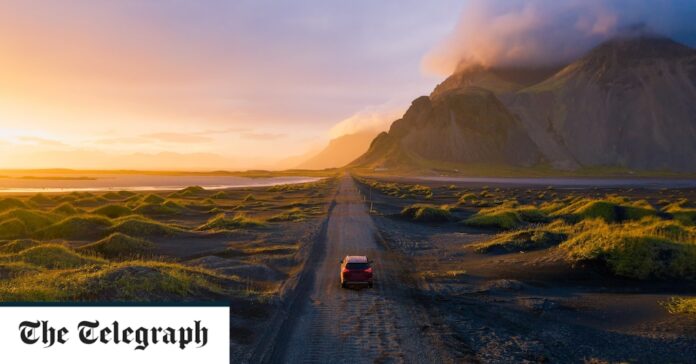From traffic deaths and road quality to urban congestion, we’ve crunched the numbers to reveal the safest and scariest options for a trip
You know the deal: you pick up the hire car, take a deep breath, drive out of the airport and quickly discover what you’re dealing with. In some countries, it’s five-lane motorways featuring impromptu animal crossings and the odd pedestrian; in others it’s serene stretches of smooth tarmac without another car in sight. But how do you know where the best and worst places in the world are to get behind the wheel? We crunched the data for some of the world’s most popular destinations to find out.
Last month this country made the headlines when a German tourist was shot dead after refusing to hand over his hire car on a journey in the Kruger National Park. The dangers of driving in South Africa are increasing: Carjackings rose 19.7 per cent year-on-year in the period between January and March while, during January 2022 alone, there were 774 fatalities on South Africa’s roads (to put that in perspective, that’s around half the deaths on UK roads for the whole of 2021).
On some of the most notorious routes, such as those in Cape Town’s sprawling shanty suburb of Khayelitsha, police officers even caution motorists against stopping at red lights. Meanwhile, a relaxed attitude to drink-driving means many accidents are caused by intoxicated motorists and intensified by a lack of seatbelt use.
It’s a shame for travellers, because cheap petrol and car hire coupled with good roads have traditionally made South Africa great driving territory. Just outside Cape Town, the empty routes of the Winelands cut through hilly vineyards made gold by hazy sunshine. Meanwhile, the journey from Johannesburg to the Kruger National Park is unexpectedly scenic, with soaring mountain passes, deserted valleys and sleepy towns where the only interruption to the balmy stillness comes from violet squiggles of nodding jacaranda trees.


